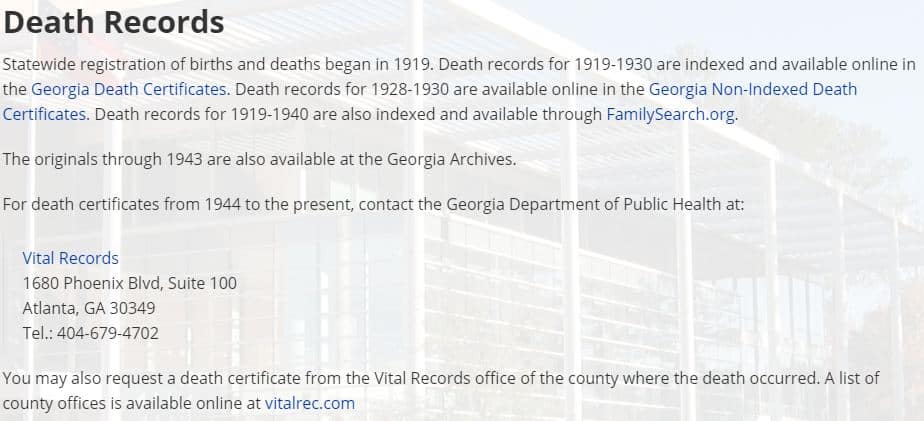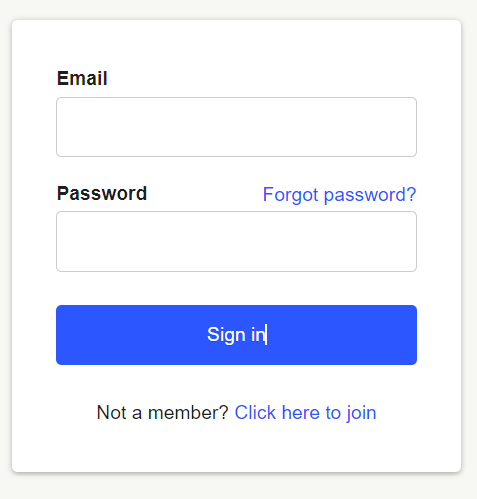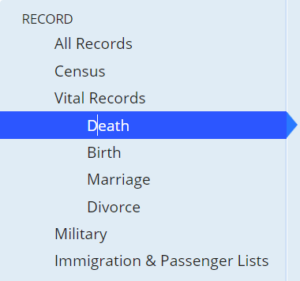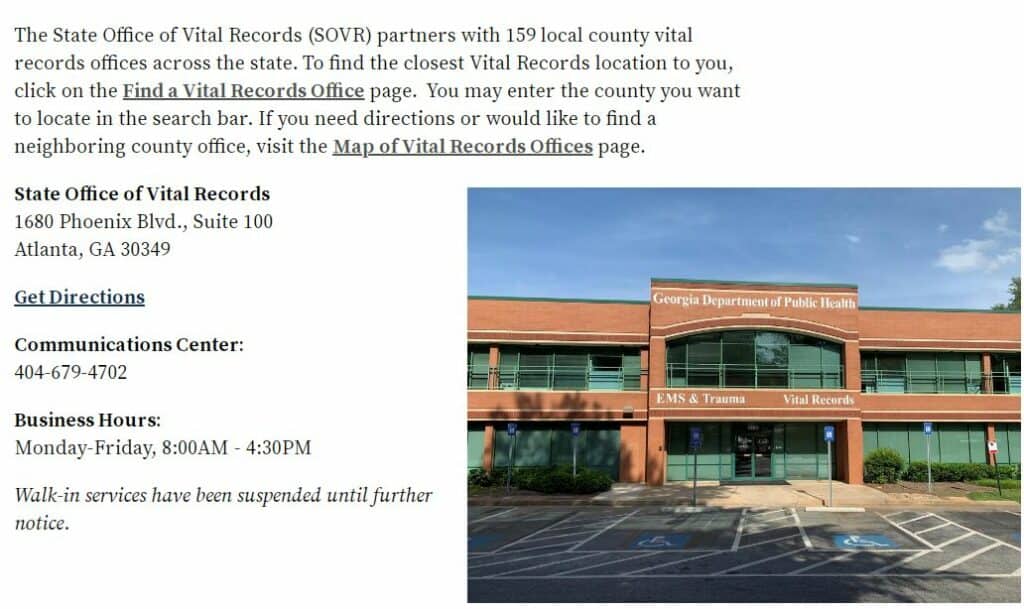
Search for Death Records in Georgia
Free Georgia Death Records Lookup

We receive referral fees from partners (advertising disclosure)
The information we provide you is free of charge and a result of extensive research by our product experts. We use affiliate links in our site that provide us with referral commissions. While this fact may not influence the information we provide, it may affect the positioning of this information.


The ultimate guide to accessing death records in the state of Georgia. Learn how and where to look for death records and obtain a death certificate.

Death Records in Georgia -
The Ultimate Guide 2026
- UPDATED February 2026
Georgia Death Records Databases
The Georgia General Assembly passed the Vital Records Act in 1875. This Act mandated the registration of births, marriages, and deaths. Some counties were quick to comply, but statewide registration did not become streamlined until 1919.
Deaths in the state are recorded in the Georgia Archives platform, and anyone can access the public records. However, other private entities also maintain detailed vital records, as will be discussed below. Additionally, records for deaths that occurred before 1919 may be scattered across different platforms, and some counties may have more comprehensive records than others.
Different counties maintain their own death records, and most began before 1919. Some of the counties with the earliest death records include Carroll, Clayton, Chattooga, and Jackson. Consequently, most deaths that occurred before 1900 can only be found on county records. Other alternative sources of death records include cemetery records and federal census results.

How to Find Georgia Death Records
The state of Georgia offers free access to its death records, and you can use multiple channels, as explained. However, the process varies from one channel to another. Some methods may feel complicated, but the process is easy when using the Archives.com platform, a vast nationwide database for vital records.
Here is a brief guide on how to check Georgia death records through Archives.com:
1. Sign Up
Archives.com is only available to registered members. Fortunately, registration is quick and easy. Go to the website’s login page and click on the link labeled ‘click here to join’ to register.

2. Specify Death Records
Archives.com stores a wide range of vital records – which means that you can also find birth, marriage, divorce, immigration, and other records. However, you need to specify that you are looking for death records before proceeding. Click on the tab labeled ‘records’ and choose the tab labeled ‘death’ from the drop-down menu.
Additionally, remember to specify that you are searching for death records in Georgia before running a search. Archives.com is a national database, as mentioned, and running a national search may generate thousands of results that would take hours to review.

3. Run a Search
Archives.com is easy to use, and running a search for death records should be quick. All you need is the deceased person’s basic details, such as his/her name. Ensure that you provide the correct details for correct results. The deceased person’s last name is especially important to narrow down your search as many people share first names.

Adding the person’s middle name or maiden name also narrows down the results, making your search quick and simple. Double-check the details provided before clicking on the search button.
4. Review
You will get a list of as many death records as match your name. As such, take your time to review the results to ensure that you find the right person. It is worth noting that deaths that occurred before 1919 may not be available on this database and other online platforms – however, they are available on some of the earlier databases.

The Importance of a Death Certificate
A death certificate is an official document that acknowledges and details a person’s death. It includes details such as the deceased person’s name, their sex and age, location of death, cause of death, and other relevant information. However, some of the sensitive information, such as the cause of death, is omitted from public death certificates and can only be issued to relatives and legally verified parties.
A death certificate is important for personal and official reasons. For starters, it gives the deceased person’s relatives and loved ones some closure. Additionally, it is necessary when transacting with institutions on behalf of the deceased person. For example, it is necessary when you want to claim death insurance benefits, settle the deceased person’s estates, and obtain their pensions and other benefits.
How to Find a Death Certificate in Georgia
Georgia offers multiple public and private channels for obtaining death certificates in the state. These channels include online and face-to-face options. They include:
Face-to-Face Orders
You can visit the relevant state and county offices to obtain a death certificate. The Georgia State Office of Vital Records is located at 1680 Phoenix Boulevard, Suite 100 Atlanta, GA 30349. You can also lookup the locations of county offices here. This is the quickest option, and your request may be processed on the same day – however, you may be issued an appointment for a later date if there are complications with your requests.
The state and county offices are open from Monday to Friday, except during state and national holidays. They operate from 8:00 AM to 4:30 PM.
Online Orders
You can also order a death certificate remotely from anywhere (including out of state) via the internet. The state recommends using ROVER, an official platform run by the state. It is worth noting that you will be charged a processing fee, and you need one of several major credit cards to finalize the payment.
The standard processing time for requests ranges between four and six weeks. However, you can pay more to have the process expedited to five days.
Mail Orders
You can also request a death certificate by mail. Download copies of the relevant documents, fill in all the necessary details and then send the file via mail to the State Office of Vital Records. Mail orders take between eight and ten weeks to process. Unfortunately, you don’t have an option to expedite the order.
Conclusion
Georgia maintains a comprehensive and detailed record of deaths that occur in the state. These records are available to the public, but death certificates may only be obtained by relatives or legally verified parties. Remember to follow the process to the letter and provide the correct details for quick and accurate results.
Disclaimer: OurPublicRecords mission is to give people easy and affordable access to public record information, but OurPublicRecords does not provide private investigator services or consumer reports, and is not a consumer reporting agency per the Fair Credit Reporting Act. You may not use our site or service or the information provided to make decisions about employment, admission, consumer credit, insurance, tenant screening, or any other purpose that would require FCRA compliance.

Copyright © 2026 · OurPublicRecords.org · All Rights Reserved